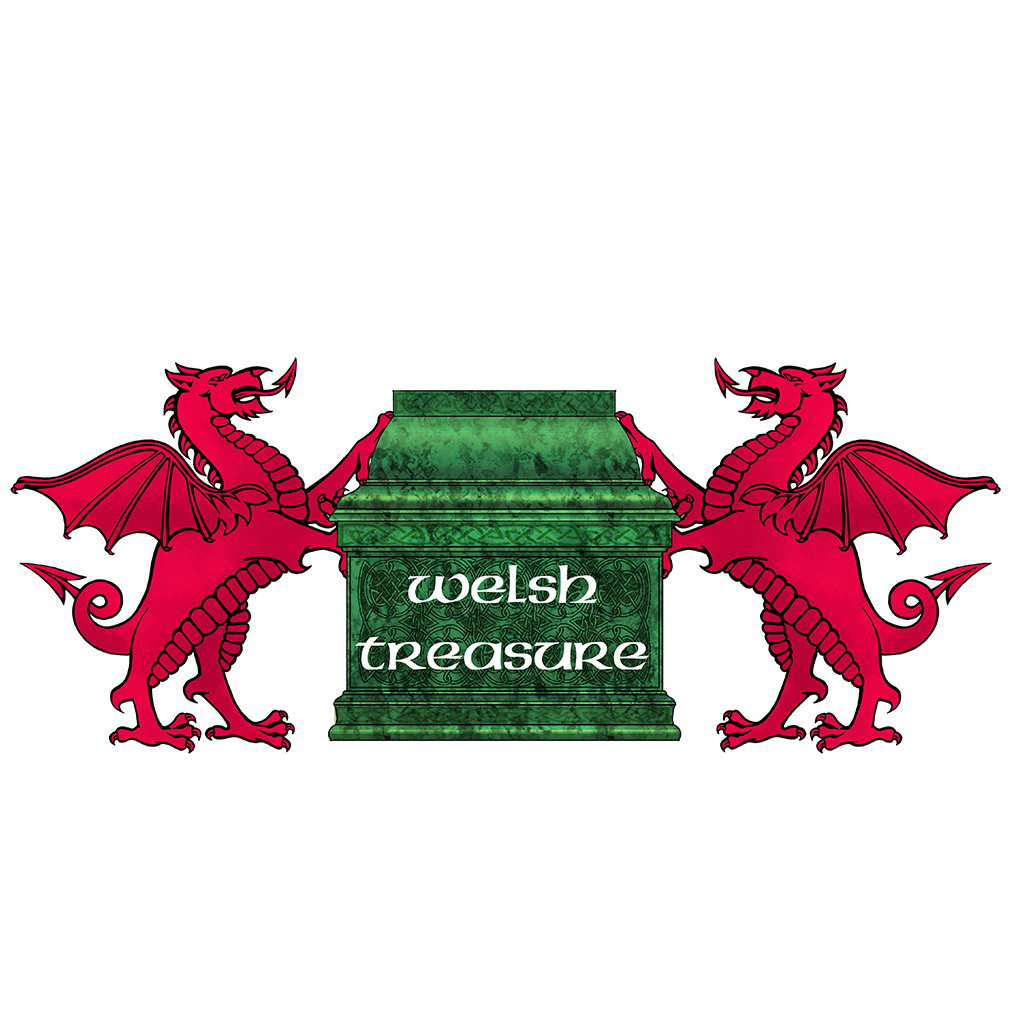January 01, 2021
Llywelyn ap Gruffudd is typically seen as the most powerful of all the medieval Welsh princes.
Known as Llywelyn ein Llyw Olaf (Our Last Helm) or just Llywelyn the Last/the Great, he was Prince of Wales from 1258 until his death, which occurred at the Battle of Irfon Bridge, on the banks of the River Irfon at Cilmeri, near Builth Wells.
Mystery surrounds his last days in December 1282. Llywelyn was thought to be mustering forces to resume the war against Edward the First, King of England. During a ceasefire in the fall, while the Archbishop of Canterbury visited Llywelyn at Garth Celyn, the English broke the peace and tried to attack across the Menai Strait. They were defeated by the Welsh. Llywelyn may have tried to take advantage of this setback, by gathering as many as 7000 troops to attack the English.

Grave of Llywelyn ap Gruffudd. Photo © Copyright Anthony Parkes
However, a Norman knight named Adam de Francton attacked and killed him with a spear. As Llywelyn wasn’t wearing his armour, no one recognized him as the Prince of Wales. Without the leader, the Welsh army scattered in different directions and was quickly massacred.
There are two versions of what had happened:
The first has it that Llywelyn hurriedly returned to the battlefield, but was cut down by a Norman Knight. The second is that Llywelyn and several members of his entourage were separated from the rest of his army and chased into a nearby wood, where he was surrounded and struck down.
The legend says that Adam de Francton hacked off the Llywelyn’s head while he was heavily injured but still alive. The Prince’s head was wrapped up in branches of broom. During their journey to Conwy Castle where the head was to be presented to Edward the First before being exhibited over the gate to the Tower of London, it was placed on the ground for fresh broom to replace the bloodstained branches. It was said the shrub, with its beautiful yellow flowers in season, never grew again in those parts of Wales.
When the heartbroken Welsh found the decapitated body of Llywelyn they were horrified to learn Edward would not allow it to be buried in sacred ground anywhere in England or Wales. They made a grave on the banks of the River Ifron and placed upon it a memorial stone surrounded by thirteen trees to represent thirteen counties of Wales. The grave was in a place previously covered with broom but every trace withered never to grow there again. Eventually, by the intervention of Maude de Longspee, Llywelyn’s relative, his body was re-interred in Abbey of Cwm Hir.
As with the circumstances surrounding his death, Llywelyn's final resting place is unclear. His body may have been interred at the Cistercian Abbey at Abbeycwmhir, although his body is said to have been enclosed in a stone coffin on land where Llanrumney Hall was later built in Cardiff.
There are few strange prophecies concerning the last Prince of Wales.
Once prophecy tells of how broom would never grow again where his decapitated head would rest on its macabre journey or where his body would lie in an unblessed grave. Another one says that where even one English soldier crossed the River Iron at Builth, the river would change its course and grass would grow where the river diversion took place. At certain sections of the Iron this appears to have happened.
The death of Llywelyn ap Gruffudd marked the end of Wales as an independent country.
Llywelyn had only one child, infant daughter called Gwenllian, so the title Prince of Wales died with him. His wife Eleanor de Montfort had died only in June of 1282 after giving birth to Gwenllian. Leadership of the Welsh following Llywelyn’s death fell to Dafydd, who led a guerrilla resistance for some months but was soon betrayed, captured and executed as a traitor.
Featured image © Copyright Philip Halling
References:
Remembering the last Prince of Wales, killed 738 years ago. By Matt Jones
Welsh Ghostly Encounters (1990) by Jane Pugh
The Welsh Guard Mysteries (2019) by Sarah Woodbury
The last stand of Llywelyn the Last. By Joe Goodden
February 23, 2025
Every year on March 1st, Wales comes alive with celebrations in honor of St David (Dewi Sant)—the nation’s beloved patron saint. But who was this remarkable figure, and why is he so important to Welsh history?
February 05, 2025
Did you know that just like birthstones, each month has its own special birth flower? These beautiful blooms hold unique meanings, making them a thoughtful and personal gift for birthdays!
February 04, 2025
Finding the perfect birthstone jewellery can be simple and enjoyable with our help
